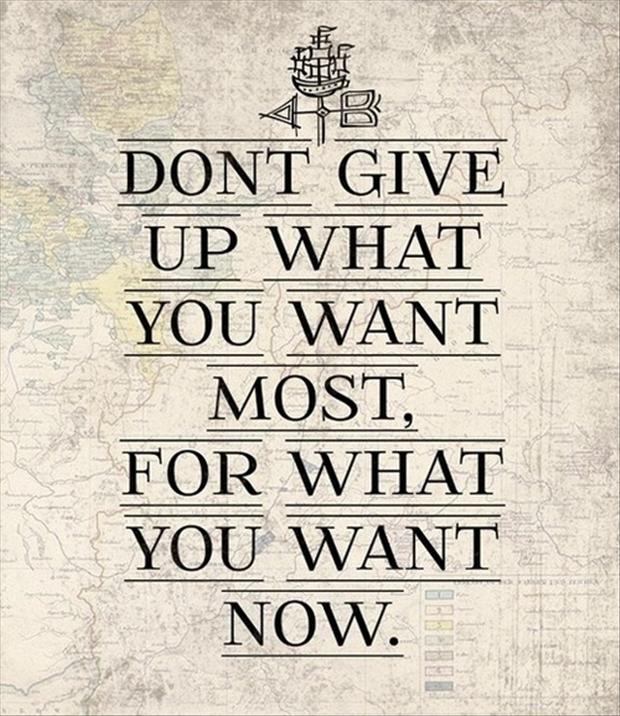
Normal distribution vs Paranormal distribution


Pre-market
After market close
Obviously, any questions that are repeatedly marked with a ‘No’ or an ‘X’ over a period of time will clearly highlight what you need to work on.
Finally, note how these questions make no reference to whether you made a profit or a loss. You can break every trading rule on a given day and make money. You can also trade perfectly on a given day in accordance with your rules and lose money.
The thing is, the more faithful you are to your process, you increase the probabilities of being successful over the long-term. Creating good habits will help you achieve this.
7e1bf673-en by TBP_Think_Tank on Scribd
“I am a consistent winner because:
1. I objectively define my edges.
2. I predefine the risk of every trade.
3. I completely accept the risk or I am willing to let go of the trade.
4. I act on my edges without reservation or hesitation.
5. I pay myself as the market makes money available to me.
6. I continually monitor my susceptibility for making errors.
7. I understand the absolute necessity of these principles of consistent success and, therefore, I never violate them.”



What kind of person you are “outside the charts” will help determine what kind of trader you will be “inside the charts”.
If you are of the first kind, “the wills”, you will overcome all the obstacles on your way to consistent success. You will accept, even embrace, uncertainty as the driving force behind the next big opportunity for gain. You will lose gracefully and move on to the next trade, knowing that trading is a game of probabilities and possibilities; not certainties and absolutes. You will leave money on the table, thankful for what you were able to gain; not bitter by what was left. If you are of the first kind you will succeed. You will indeed.
If you are of the second kind, “the won’ts”, you will look for the always elusive easy road to riches. You won’t believe in the effort required to become a disciplined trader, driven by solid habits repeated daily. You won’t apply the skill necessary for managing risk as that would require planning and preparation, something you just do not have time for. You won’t develop your own well defined trading edge, depending instead upon others to do it for you. If you are of the second kind your opposition to anything other than what is easy will make it quite difficult to succeed when times get tough, and they will but you won’t.
If you are of the third kind, “the can’ts”, you will blame everyone and everything for your failures. You can’t succeed because you are too busy finding fault in any trading strategy that produces a loss. You can’t succeed because anyone who does so has some special knowledge or gift that you obviously cannot possess. You can’t succeed because the market is rigged. If you are of the third kind…quit. You are a quitter with a quitter’s attitude. Be in the majority. Be a can’t. It’s easy.
So, what kind of person (trader) are you?


 “Without discipline, you will be unable to master your ego, create empowering beliefs, have faith, and develop confidence in your abilities. The lack of discipline will prevent your skill as a trader from progressing.”
“Without discipline, you will be unable to master your ego, create empowering beliefs, have faith, and develop confidence in your abilities. The lack of discipline will prevent your skill as a trader from progressing.”
Making an occasional winning trade, that ignores your trading plan, may provide short-term pleasure, but entering trades unsystematically can adversely influence your ability to maintain discipline over the long term. Why? When you stop following your plan, you are being rewarded for a lack of discipline. You may start believing that abandoning your plan is therefore not a big deal. Then, whether consciously or unconsciously, you’ll begin to think: “I was rewarded once; maybe I will be rewarded again. I’ll take a chance.” Positive outcomes from undisciplined trading are most often short-lived, and the lack of discipline will ultimately produce trading losses.
Who cares if the win is from my plan or not? It’s still a win, right! A win that results from following a trading plan reinforces discipline. A win that occurs by chance (deviating from your plan) will increase your bottom line temporarily, but may cause harm to your psyche and be responsible for future unexplained losses. It reinforces undisciplined trading. (more…)